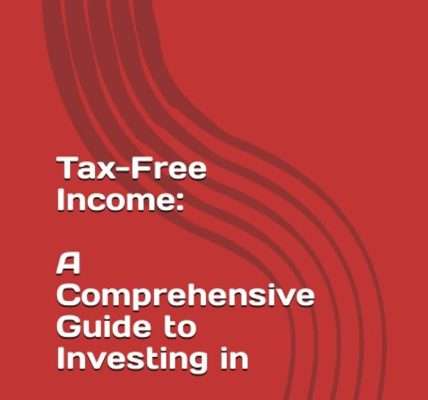Securing a mortgage is a significant financial undertaking, and lenders meticulously evaluate your creditworthiness before approving a loan. One of the most crucial factors they consider is your debt-to-income ratio, heavily influenced by your outstanding credit card debt. Understanding how credit card debt impacts mortgage eligibility is paramount for anyone planning to buy a home. This article provides a comprehensive overview of the relationship between credit card debt and mortgage approval, empowering you to make informed financial decisions. The level of your existing credit card debt can dramatically impact your chances of getting approved for a mortgage, and at what interest rate.
The Debt-to-Income Ratio (DTI) and Its Significance
The debt-to-income ratio (DTI) is a key metric lenders use to assess your ability to manage monthly debt payments. It’s calculated by dividing your total monthly debt payments (including credit card minimums, student loans, car loans, and potential mortgage payments) by your gross monthly income. A lower DTI indicates a healthier financial situation and a greater likelihood of repaying the mortgage.
- How Credit Card Debt Impacts DTI: Higher credit card balances translate to higher minimum monthly payments, increasing your DTI.
- Lender Thresholds: Most lenders prefer a DTI below 43%, although some may accept higher ratios depending on other compensating factors like a large down payment or excellent credit score.
Credit Score and Credit Card Utilization
Your credit score is another critical factor in mortgage approval. Credit card utilization, which is the percentage of your available credit that you’re using, significantly affects your credit score.
Understanding Credit Card Utilization
Credit card utilization is calculated by dividing your total credit card balances by your total credit limits. For example, if you have a credit card with a $10,000 limit and a balance of $3,000, your utilization rate is 30%.
- Impact on Credit Score: High credit card utilization (above 30%) can negatively impact your credit score, signaling to lenders that you might be overextended.
- Mortgage Interest Rates: A lower credit score often results in higher mortgage interest rates, increasing the overall cost of your home loan.
Strategies to Minimize the Impact of Credit Card Debt
Fortunately, there are several strategies you can employ to minimize the negative impact of credit card debt on your mortgage application:
- Pay Down Credit Card Balances: Prioritize paying down your credit card balances, especially those with high utilization rates.
- Avoid Opening New Credit Cards: Opening new credit cards can lower your average credit age and potentially decrease your credit score.
- Negotiate Lower Interest Rates: Contact your credit card issuers to negotiate lower interest rates, which can reduce your monthly payments.
- Consider a Balance Transfer: Transferring high-interest credit card debt to a balance transfer card with a 0% introductory APR can save you money on interest charges.
FAQ: Credit Card Debt and Mortgages
Here are some frequently asked questions about the relationship between credit card debt and mortgage approval:
- Q: Will having credit card debt automatically disqualify me from getting a mortgage?
A: Not necessarily. Lenders consider your overall financial profile, including your DTI, credit score, income, and assets. - Q: How much credit card debt is too much when applying for a mortgage?
A: There’s no fixed amount, but keeping your DTI below 43% and your credit card utilization below 30% is generally recommended. - Q: Can I still get a mortgage with a high DTI?
A: It’s possible, but you may need to compensate with a larger down payment, a higher credit score, or a co-signer.

